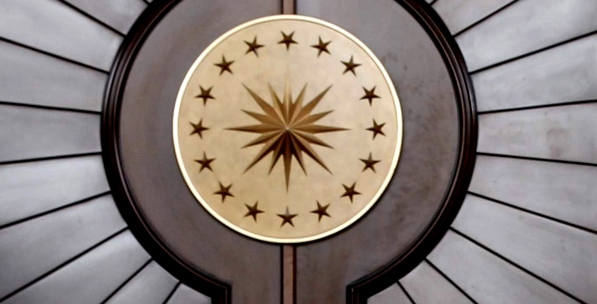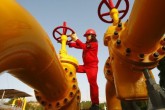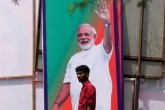The upcoming presidential elections of August 2014 will create many first experiences. The presidential election, which was preceded by the local elections in 2014 and will be followed by the general elections of 2015, has become the threshold for many risks and opportunities alike. From this perspective, it could be said that the presidential elections was one of the most important factors that led the March 2014 elections to transcend its local limits. Similarly, the general elections of 2015 will be, to a great extent, determined by the outcome of the presidential elections. Therefore, unprecedentedly, one presidential election will have determined the fate of two elections.
In addition to having the power to influence the other elections, the president-elect who emerges from the presidential election, as the first president to have been elected by popular vote, will have to be a “different kind of president.” The president elect will not only have to receive more votes than the last elected government, but he will also have to overcome the obstacle of the block from the opposition that will stand before him united. In other words, while the parties who win the general elections only have to race against opposition parties in various shapes and sizes, the president-elect will have to fight against a series of “alliance strategies” that will necessarily result from the two tier structure of the presidential elections. This will make it all the more difficult to practice constructive politics. At a time marked by the inadequacy of opposition and legitimate politics, these strategic alliances will attempt to substitute for real politics.
It was actually the Republican People’s Party (CHP) that made it possible for the president to be elected by popular vote. They have now become trapped in a scenario of their own doing. Those who cried havoc in 2007 in their attempt to prevent the election of the president have become the victims in their own scenario, so much that they cannot nominate a single person to the race. It has already become clear that the office of the president, which had been redesigned as the security valve of the tutelage regime after the May 27 coup will now have a different role to play. When the opposition leaders list the prerequisites for a presidential candidate while they are, in fact, in a crisis to find such a candidate, they are, in effect, listing who cannot become president.
This is where the trauma begins. Unless the Turkish society and the political landscape undergo a fundamental overhaul, it will not be possible for a Kemalist candidate to become the president in Turkey again. Not only that; from now on, the Kemalist’s forces will be rendered utterly meaningless in every issue that interests the public at large. Therefore, in the 2014 presidential elections, the public will not only elect the new president of Turkey, but they will have also shown who can or cannot become candidates in presidential elections from now on.
If the opposition parties, who are trapped in small regions in Turkey as it is, miss the opportunity the presidential elections present, the political landscape will continue to expand for the incumbent party and it will only narrow for the opposition. The opposition can break out of this vicious cycle by doing real politics. To begin with, they can come up with a real presidential candidate.
[Hürriyet Daily News, 16 May, 2014]



